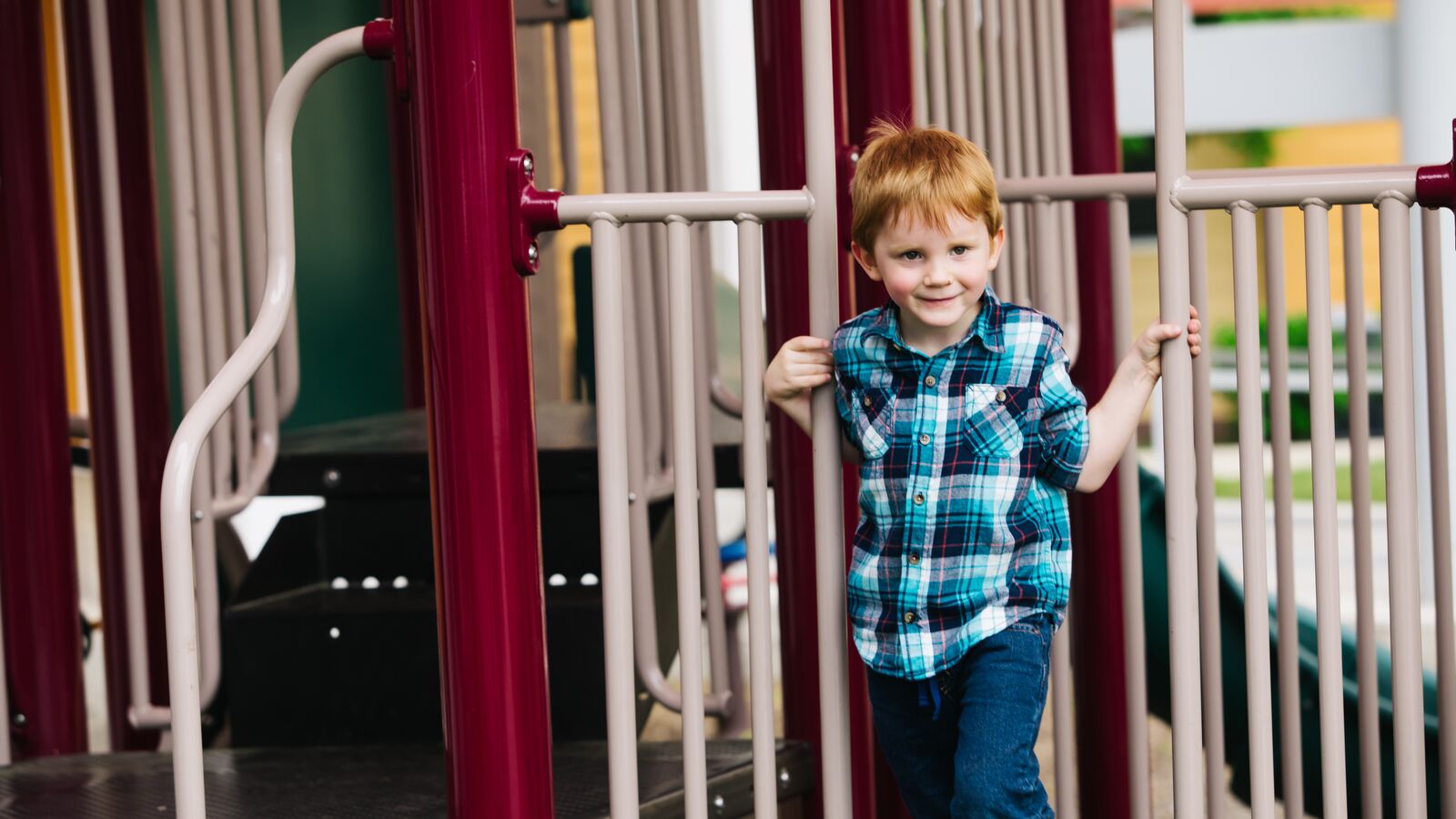For children in foster care, the trauma they have experienced isn’t something they leave behind at the classroom door or once they are placed in a foster home. It’s easy to see behavioral issues in the classroom or a failing report card, but it can be harder to recognize the adverse childhood experiences at the root of these issues. From a young age, children in foster care are asked to bear a heavy emotional and social burden — but this can’t be their responsibility. It’s ours.
As a community, we owe it to the most vulnerable among us to come together and find ways to lighten this burden. By learning to identify and understand their trauma, trusted adults can help them improve their social and emotional well-being, avoid additional trauma, and begin to heal.
This work may sound abstract, but communities across the country and around the world are taking practical steps to build trauma-informed communities around the foster care system. These practices are driving real outcomes for our children, including improved behaviors and children experiencing a lower average number of foster care placements and reduced time in care. Let’s take a look at where it all got started.
A County-Wide Approach
Researchers at the Karyn Purvis Institute of Child Development (KPIDC) at Texas Christian University recognized that the complex needs of vulnerable children were not adequately understood or addressed. The Trust-Based Relationship Intervention® (TBRI®) was developed as an attachment-based, trauma-informed intervention, with principles designed to address physical and attachment needs and to disarm fear-based behaviors.
The principles of TBRI were first introduced in smaller settings, from a summer camp to individual foster homes and classrooms. The early findings were promising and prompted a larger vision — an entire trauma-informed community prepared to meet the needs of children in foster care. Through a partnership with Mission Capital, the Travis County Collaborative for Children (TCCC) was created in 2014 to bring this vision to life in Central Texas.
The effort began by looking at the entire ecosystem of foster care, including every organization, institution, and individual that is part of each child’s journey. That’s where the training got started. Foster parents learned to use TBRI at home, while professionals were trained on its application in shelters, residential settings, and therapy offices. Judges and staff brought TBRI into the court room, while teachers and counselors introduced these practices as part of the school day. By 2020, more than 4,000 foster parents and professionals were trained in TBRI, representing more than 200 organizations in Travis County.
Over time, Mission Capital and KPICD found that these trauma-informed environments were contributing to children feeling physical, emotional, and psychological safety. Their findings pointed to a decrease in disruptive, oppositional, and violent behaviors, increased self-regulation, greater trust of adults, improved attendance and academic performance, and a stronger connection among children, families, and staff.
Through the TCCC, partners also committed to ensuring that children would spend less time in foster care and experience fewer disruptions. In 2013, before these efforts were underway, children averaged 40 months in care, but by 2019, this number dropped to 28 months. The same timeframe also saw a reduction in the average number of foster care placements for a child in Travis County. There is still progress to be made, but both measures represent important steps towards greater stability for the children in our community.
Advancing the Work
Today, the outcomes achieved in Travis County are serving as inspiration for other communities across the country and worldwide. Spanning the country from California to Florida, and across four continents, training on the TBRI principles is driving positive change for vulnerable children.
Back in Central Texas, the TCCC is taking these efforts to the next level. This begins with engaging biological parents in the process. More than 70 percent of children are ultimately reunified with their biological families, and training will focus on providing those caregivers with the same principles their children will recognize from the foster care setting. Training of families, foster parents, and cross-sector professionals is also evolving to meet multicultural needs and to address disparities and inequities in the child welfare system.
Through the lens of trauma-informed care, our community is learning to really see each child, to understand their behavior and their progress with the benefit of critical context. Each of us is also learning to appreciate the high stakes of proper intervention. And we are learning the importance of doing this together, with a truly collaborative approach.
The impact of adverse childhood experiences can be deep, pervasive, and long term. A healing community supports healthy childhood development and greater well-being beyond the early years and throughout a lifetime. By coming together in our trauma-informed responsiveness, we are forming a community-focused approach to caring for children — and setting the stage for successfully implementing Community-Based Care, the foster care redesign efforts in Texas.
Learn more about the approach
Get more details on the community's trauma-informed practices and foster care redesign efforts in this 2019 retrospective report by the Travis County Collaborative for Children.
Download report
